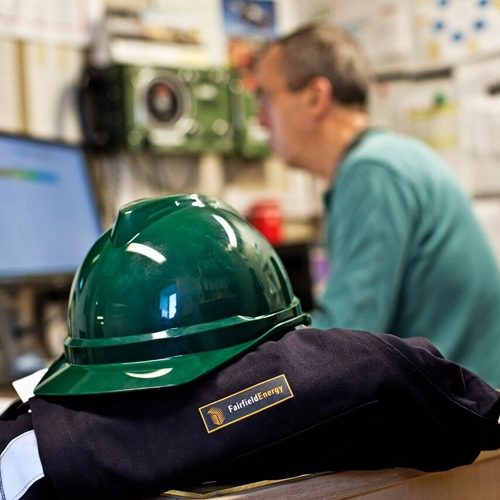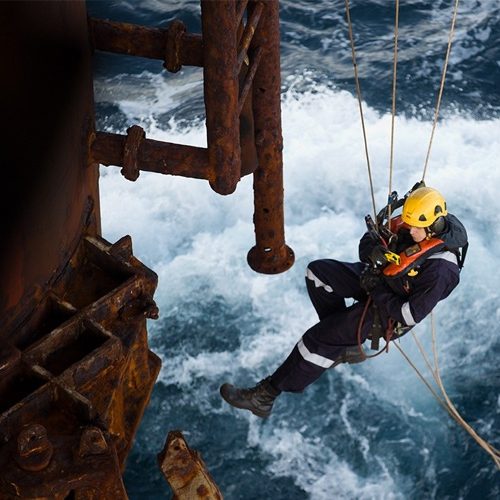Under the Petroleum Act 1998, as amended by the Energy Act 2008, it is a requirement to decommission offshore facilities at the end of their producing life. Operators have to submit detailed programmes for the decommissioning of offshore installations and pipelines which are considered on a case-by-case basis by the Department for Business, Energy & Industrial Strategy (BEIS), which is responsible for ensuring compliance with the Petroleum Act. The UK’s international obligations on decommissioning are governed principally by the 1992 Convention for the Protection of the Marine Environment of the North East Atlantic (OSPAR Convention).
BEIS is the competent authority on decommissioning in the UK for OSPAR purposes. In July 1998, the OSPAR Commission adopted a binding Decision (OSPAR Decision 98/3) to ban the disposal of offshore installations at sea. As the licensed operator of the Dunlin, Osprey and Merlin oil fields, Fairfield and its various subsidiaries have developed Decommissioning Programmes for submission to BEIS. The programmes include detailed recommendations for the decommissioning of the Dunlin Alpha installation; the Osprey and Merlin subsea developments; and all structures, pipelines and infrastructure associated with these three oil fields. These recommendations are the result of extensive engineering studies, expert input, scientific assessments and stakeholder engagement.
In addition, the health, safety and welfare of personnel who may be affected by work activities offshore is regulated by the Health & Safety Executive, and acting together with BEIS as the UK Competent Authority, these regulators apply the specific provisions of The Offshore Installations (Offshore Safety Directive) (Safety Case etc) Regulations 2015. Fairfield have also submitted Safety Cases for the dismantling of facilities.


